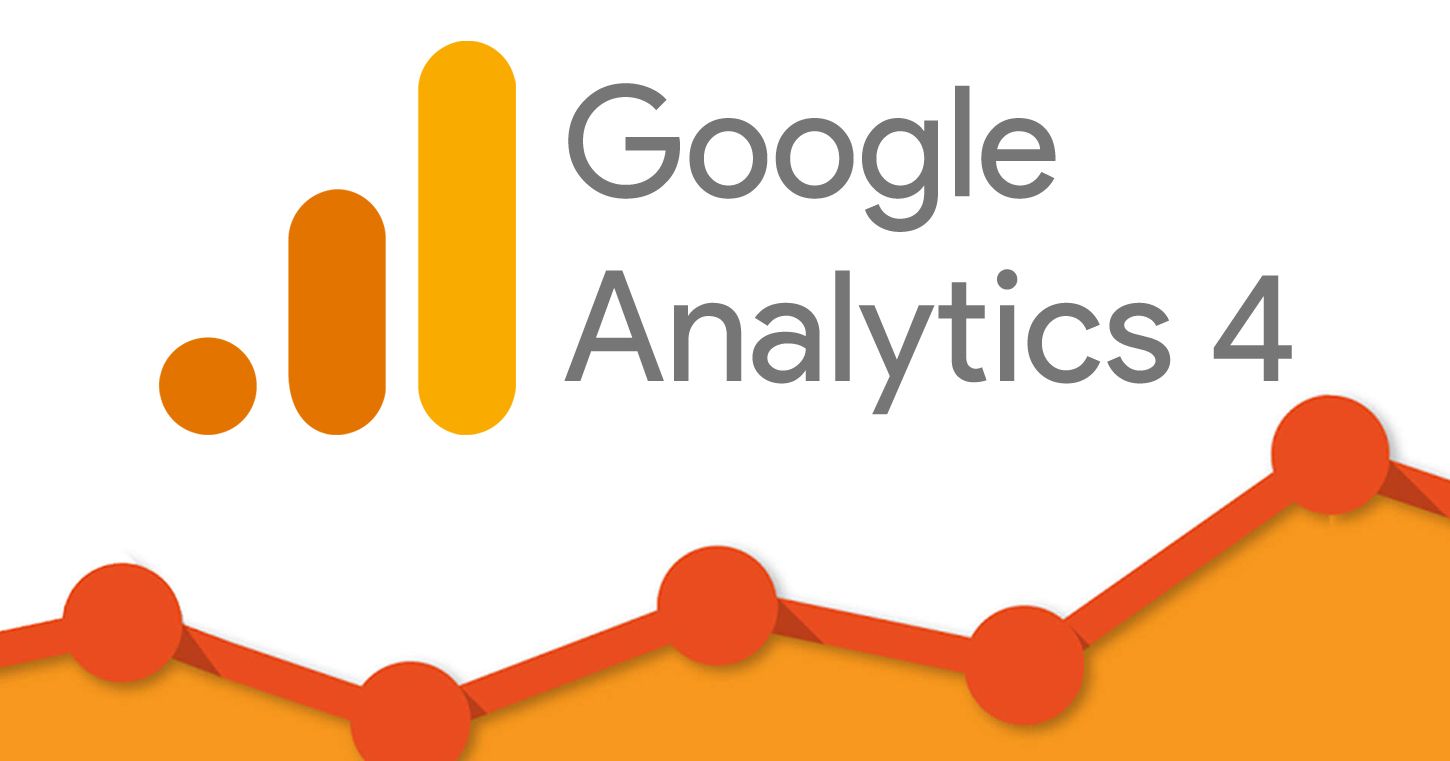7 Major SEO Mistakes for Your Website

No one likes to make mistakes. At least when we know what they are, we can fix them and learn from them. Unfortunately, with all of the SEO myths out there, it’s hard to know if what you’re doing is a good practice or a bad practice.
If you’ve noticed that your website isn’t moving up in the rankings and nothing seems to be helping you get onto the first page, it’s likely that you have a few SEO mistakes to correct. The good news is that once you make the adjustments, you can see a significant increase in your rankings, and eventually, traffic and sales.
7 SEO Mistakes to Avoid
Let’s check out these seven major SEO mistakes for your website and how to correct them.
1. Not using analytics to see what converts.
SEO is more than traffic. It’s about getting traffic to convert.
The only way to know which keywords convert is to track them using an analytics program like Google Analytics. You can set up conversion tracking for your keyword phrases and compare them to see what is more successful for your audience. When you discover which keywords are most effective, you can use these keywords to optimize your content.
Keep in mind that lower-traffic phrases often convert better because they are more specific, and there is less competition for them. Instead of trying to compete against others for the same keywords, you can branch off and use lower-traffic phrases that will bring you improved sales and conversions.
2. Not optimizing for the right keywords.
This is a tricky one, but it’s easy to do. Most of the time, webmasters find themselves using generic keywords, global keywords, broad keywords or keywords that bring in people looking for free information.
Instead of using keywords that have a lot of competition or don’t address your local area, be as precise as possible. You may get less traffic if you use specific keywords, but you will get quicker rankings and more qualified traffic, which is most important.
3. Not optimizing for local search.
If you run a business for local customers, understand how to use local search to your benefit. Start by adding region-specific keywords in your meta descriptions and page titles so that people who are searching for a local business like yours can find you.
Also list yourself on some of the popular online directories such as Yelp, Google Places and FourSquare. Finally, add your local information (phone number, address) to the header or footer of your page.
4. Not creating unique title tags and meta descriptions.
Avoid using your company name as the title for each page on your website. Each page should contain a unique title, which is helpful for SEO and for when people bookmark your site. It’s fine to use your name on each page, but be specific about what the page is about. For instance, you can use your company name along with “Service Areas” or “Package Pricing.”
Meta descriptions are important, too. They are the 160-character summary of what your page is about. Think of it as a sales pitch that draws people in. Put together compelling meta descriptions for each page so that people are enticed to click and find out more.
5. Using generic anchor text for internal linking.
A strong internal linking strategy is a solid SEO practice. Yet many websites still use generic anchor text such as “click here” or “read more.” In terms of SEO, using these generic terms is a waste. While you may get clicks, the purpose is to customize your anchor text.
Whenever you write anchor text, try your hardest to include at least some of your relevant keywords in the link, such as “click here to learn more about our package pricing.”
6. Focusing on quantity of links rather than the quality.
In this case, quality trumps quantity. One link from a credible blog post can do more for your rankings than hundreds of low quality links. The search engines trust certain links more than others, and your goal is to get links from these sites rather than low quality ones.
As you focus on getting links, strive for those that do not have a lot of outgoing links, do not contain links to adult, pharmacy or gambling sites and are relevant to your industry.
7. Content is poorly written.
When was the last time you updated your web content? Who did you hire to write your content?
Some developers hire low paid article writers or use article spinners to get a large volume of content on the web in a short amount of time. The articles are optimized, which may look good in terms of rankings, but they are not a long term solution.
Here’s why.
When visitors spend time on your site and see that your content is mostly duplicated across the pages, it will make your site look less valuable and credible. It will also take them longer to convert, if they do at all.
Content needs to be written well. Only publish information that is unique and valuable. Though this is a bigger investment in terms of money and time, it will leave a better impression on your visitors and give you a solid return.
Conclusion
SEO remains an important tool for your website. It can take time to master, especially since the rules are always changing. Don’t worry, as you’re not expected to know everything. The key is to keep making adjustments that help your site rank better and bring in more traffic. As you see trends in the types of things that work for you, it’s easier to know which mistakes to avoid.
If your website isn’t ranking as well as it should be, or if you’ve hit a wall and aren’t moving forward, call WSI Net Advantage at 510-687-9737. You can also fill out our contact form and we will connect with you shortly. With a free consultation and some friendly advice, it’s possible to make changes that will get your site ranking better in no time!
About the Author
Kevin Dean, President of WSI Net Advantage…
The Best Digital Marketing Insight and Advice
We are committed to protecting your privacy. For more info, please review our Privacy and Cookie Policies. You may unsubscribe at any time.
Don’t stop the learning now!
Here are some other blog posts you may be interested in.


